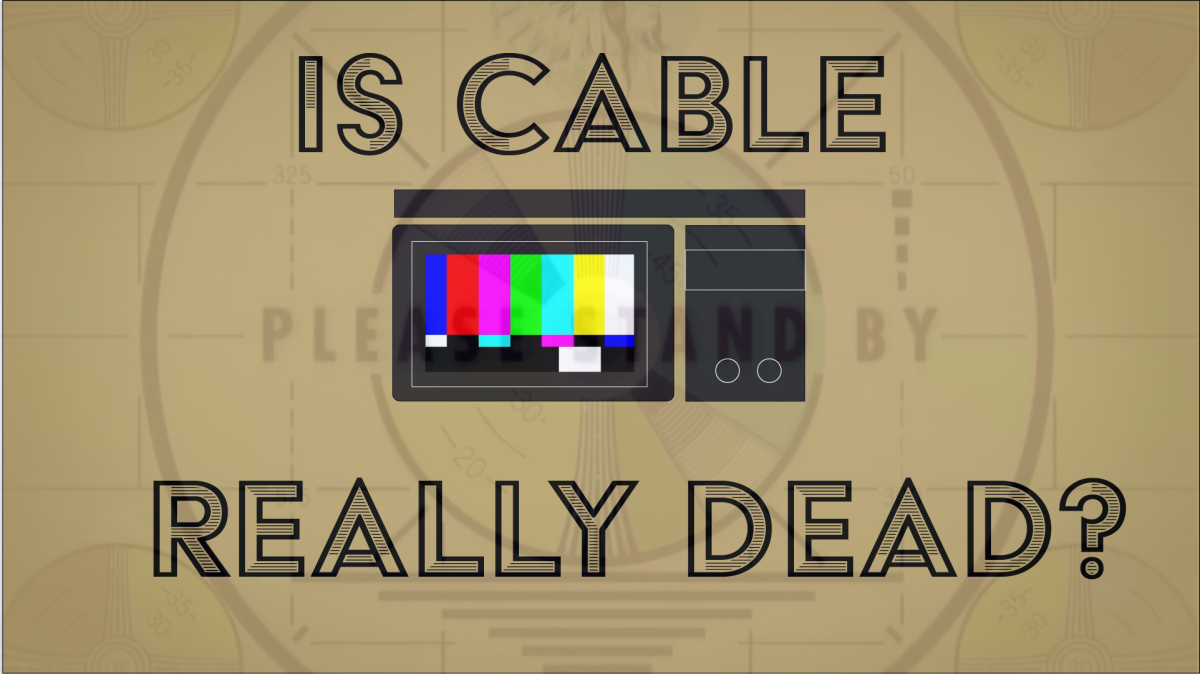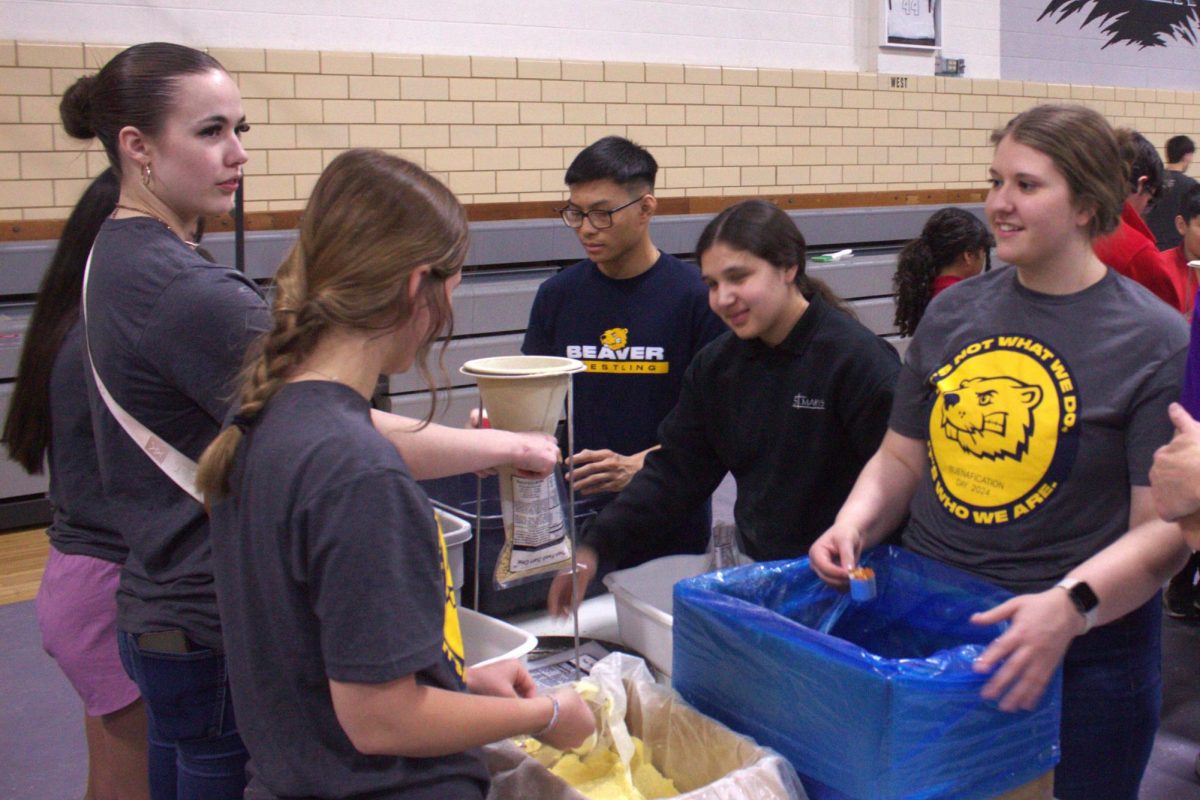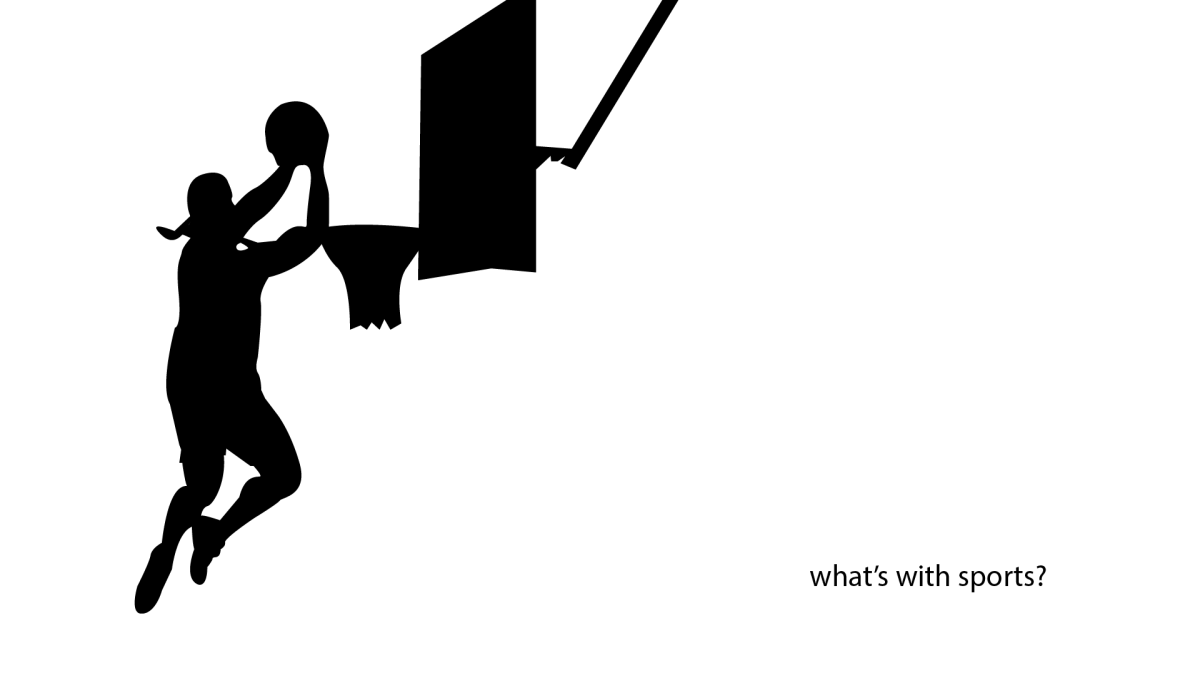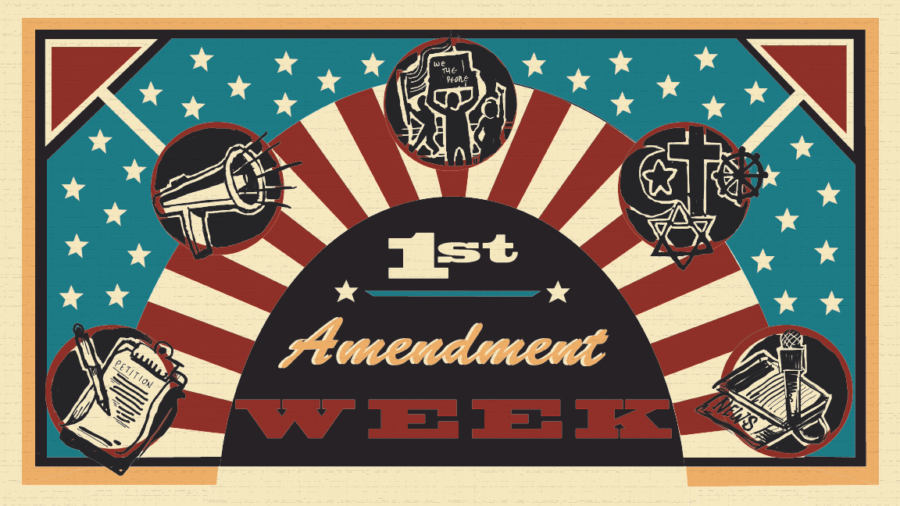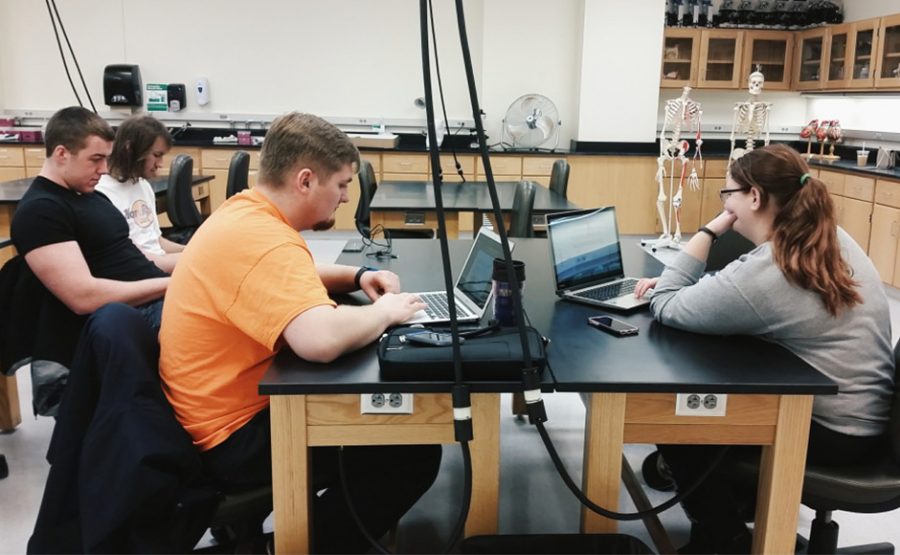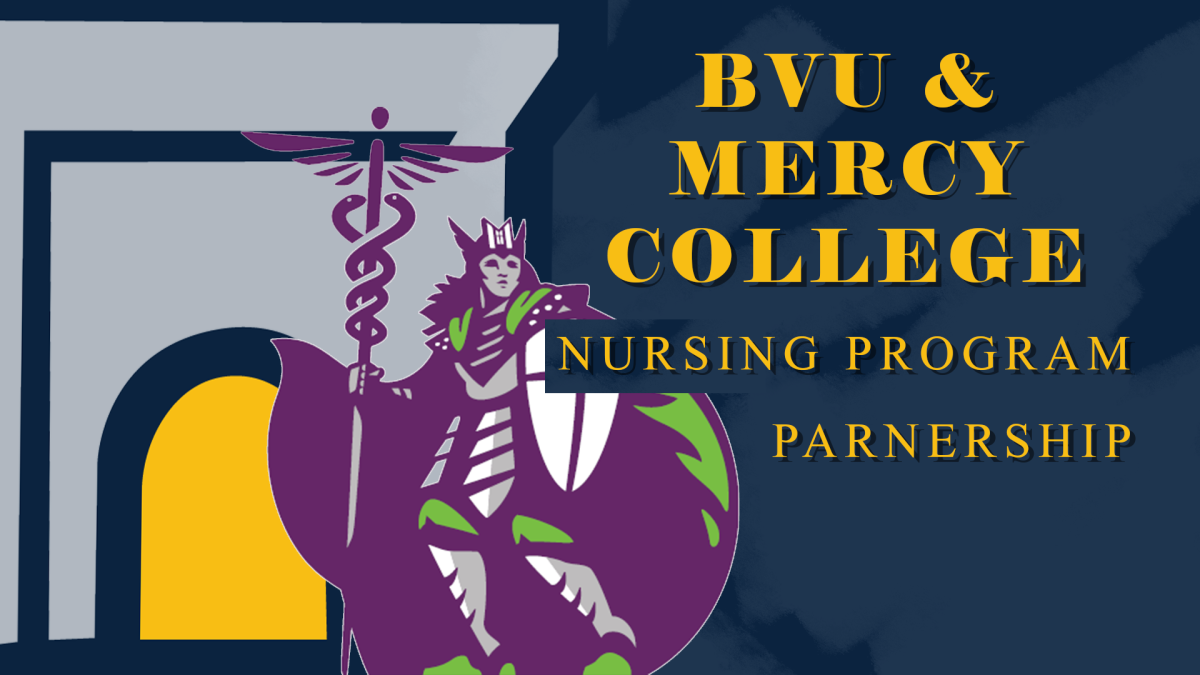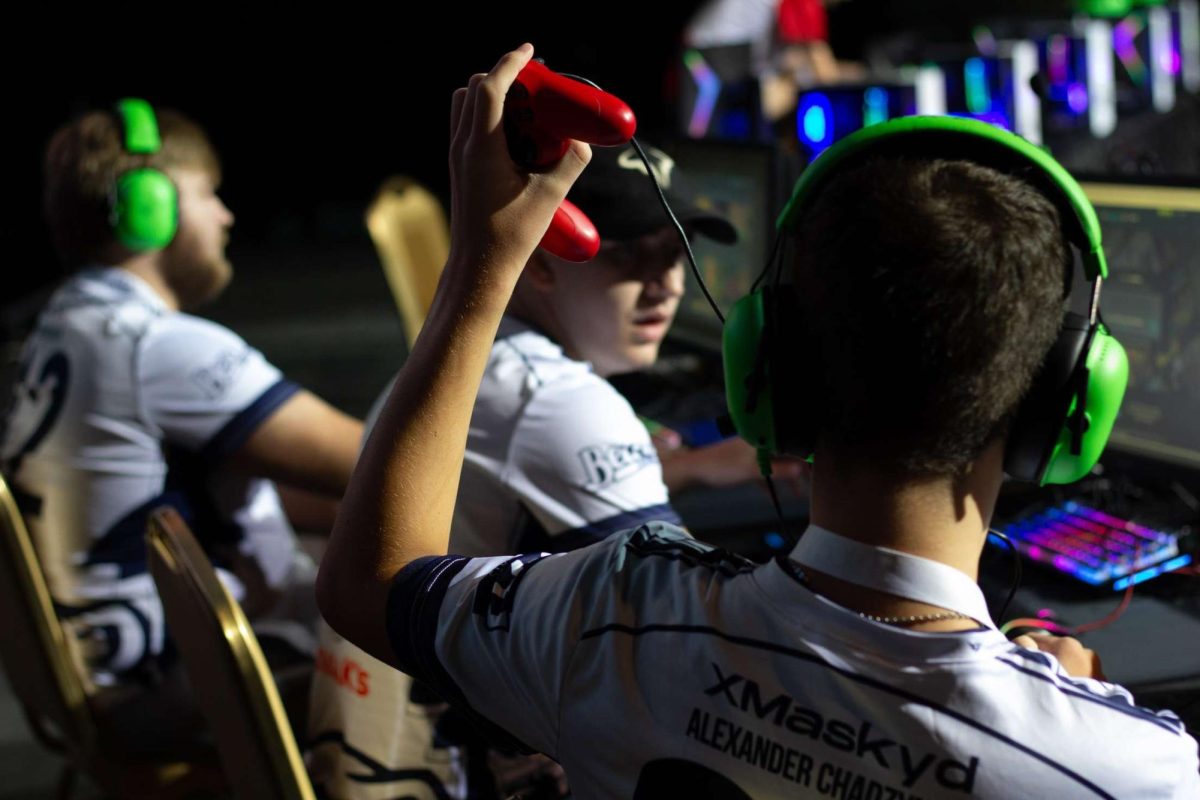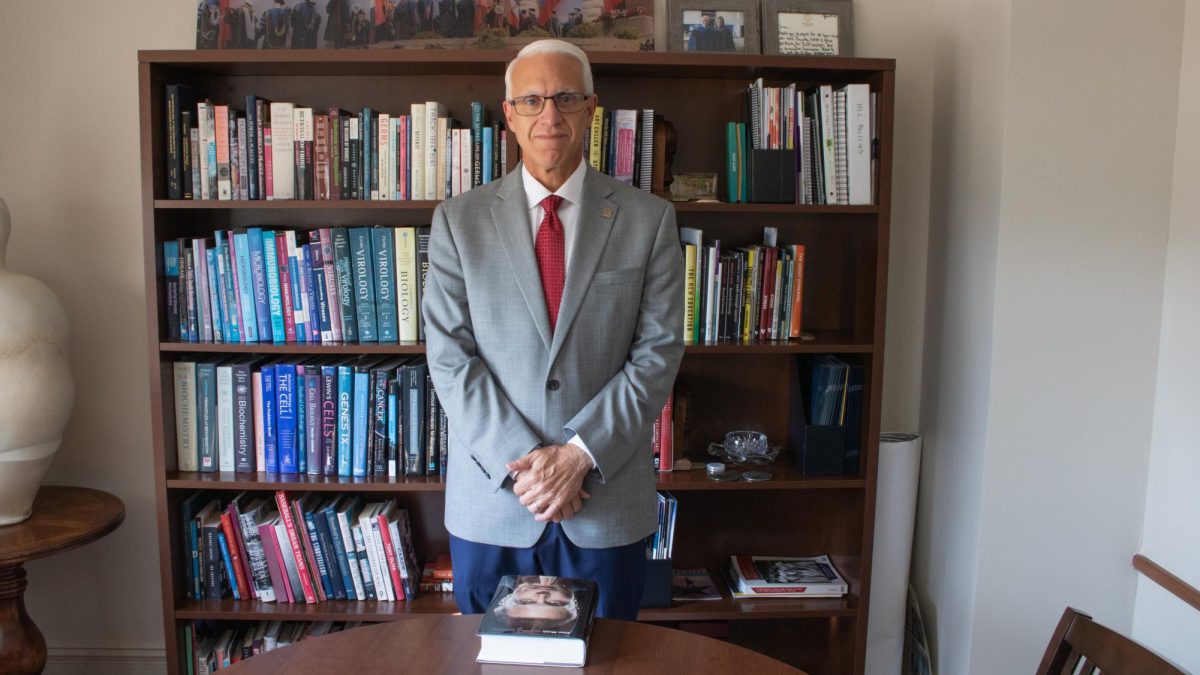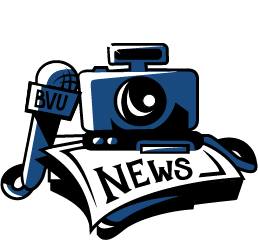Kendall Hazel | Staff Writer
On February 6 and 7, the science department at Buena Vista University hosted the first ever “Hackathon.”
The goal of the event was for groups of BVU science students to compete in teams to make the best and most practical phone or computer app. The group with the best app will receive a monetary award of $1000. The teams were comprised from multiple disciplines: biology, chemistry, physics, mathematics, environmental science, and computer science.
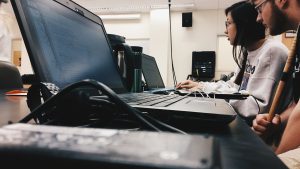
At the end of the fall semester, the students interested in the competition went on “speed-dates” with one another to share ideas for an app. The idea behind the speed-dating was to bring diverse groups of scientists together according to junior computer scientist, Austin Adamson.
“The goal of this project is to bring natural scientists and computer scientists to work together because we [computer scientists] need experience making apps for people, and they [natural scientists] need apps to be able to do their research. It’s a fun collaborative project for groups that don’t usually work together at all,” Adamson said. “We kind of did a speed dating thing where two natural scientists would sit with computer scientists for two minutes and pitch their ideas.”
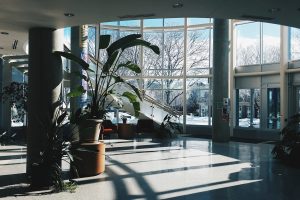
The teams then had to present their ideas to the Stine Endowment Committee for approval. Upon approval, the groups were granted $250 from the Stine Endowment to get started according to Associate Professor of Computer Science and Stine Endowment committee member Jason Shepherd.
“If there idea was deemed viable then the Stine Endowment Committee granted them $250 of capital to wrestle with ideas, buy some equipment or software licensing, or if they wanted to use the money to have a meal as a team and talk things through, they could do that as well” Shepard said.
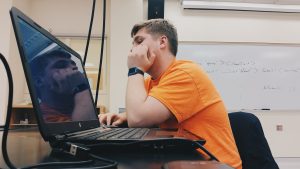
The teams spent time together throughout the day on Saturday to research their topics, collect information, and create databases with the ultimate goal of making an app. The following day, they were given time to add finishing touches, and they ended the day presenting to the other groups and the Stine Endowment committee.
Along with the monetary prize, Dr. Shepherd felt that this event would bring a sense of unity within the school of science:
“What we really wanted to do was figure out a way to, in the school of science, get a lot of our students working together and not just in silos where the computer scientists have their own thing and biology students have their own thing. We wanted to get them to use their different inter-disciplinary skills and build a cool science app that would tackle an interesting problem using their expertise to all contribute,” Shepherd said.
Senior biology student Miranda Wallace described the experience as positive but new:
“It was very interesting because it’s very different than anything I’ve ever done before… I was surprised at how fast time went by and how dedicated we were to getting it into a usable app,” Wallace said. Dr. Shepherd also hoped students would treat this experience as something they could, “…hang their hats on.”
“When they are going forward looking for cool internships, research experience for undergraduates, graduate school, full-time employment… they can keep this in their portfolio. They can say, ‘This is what I am capable of doing.’ That’s pretty neat,” Shepherd added.

The groups will finalize their projects and do final presentations of their apps on February 26. The Stine Endowment Committee, made up of Dr. James Hampton, Dr. Jason Shepherd, Dr. Melanie Hauser, Dr. Kristy McClellan, and Dean of the School of Science Ben Donath, will do the judging and determine the winner of the $1000.
Photos by Dee Friesen



